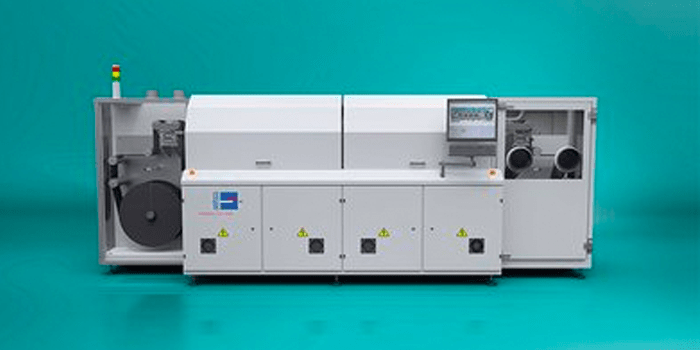ARTEMYS researches solid-state battery production
In the research project ARTEMYS funded by the German government, research institutes and industrial partners are working on the development of materials and production technologies for solid-state batteries. The new battery should also be able to do without polymer components.
In the project, suitable process technologies are being developed to produce, among other things, all-ceramic solid-state batteries. Fraunhofer IKTS is one of the research institutes involved in Artemys. The project’s industrial partners include internationally renowned corporations such as BMW, BASF and Thyssenkrupp – but also smaller companies such as Rehm Thermal Systems from Blaubeuren-Seißen.
In the all-ceramic solid-state battery being worked on, both the cathodes and the electrolyte are made up of oxidic or sulfidic materials developed by the partners in the project. That means these batteries have the double advantage of requiring neither liquid nor polymer components. The researcher teams plan to use composite cathodes in which the active materials are mixed with solid electrolytes that function as separators. Rehm Thermal Systems is working on “scalable production solutions for the drying and sintering of composite oxide cathodes and solid electrolyte separators”.
Rehm Thermal Systems have experience with drying processes for various industrial applications, but also with coating systems. Both are already used in lithium-ion batteries with liquid electrolyte, but can also be used for drying the electrode foils in the ARTEMYS project. The so-called “reel-to-reel drying system RDS Battery” can regulate the drying temperature either by infrared radiation, convection or a combination of both. Besides, coating systems from Rehm will be used for bonding and coating in the construction of battery systems and power electronics.
The research partners hope that the solid-state batteries will provide higher energy density, shorter charging times, longer life, improved safety properties and environmentally friendly and resource-saving production. For vehicles, the solid-state batteries may become the next generation of lithium-ion batteries – without liquid electrolytes or polymer components.





1 Comment